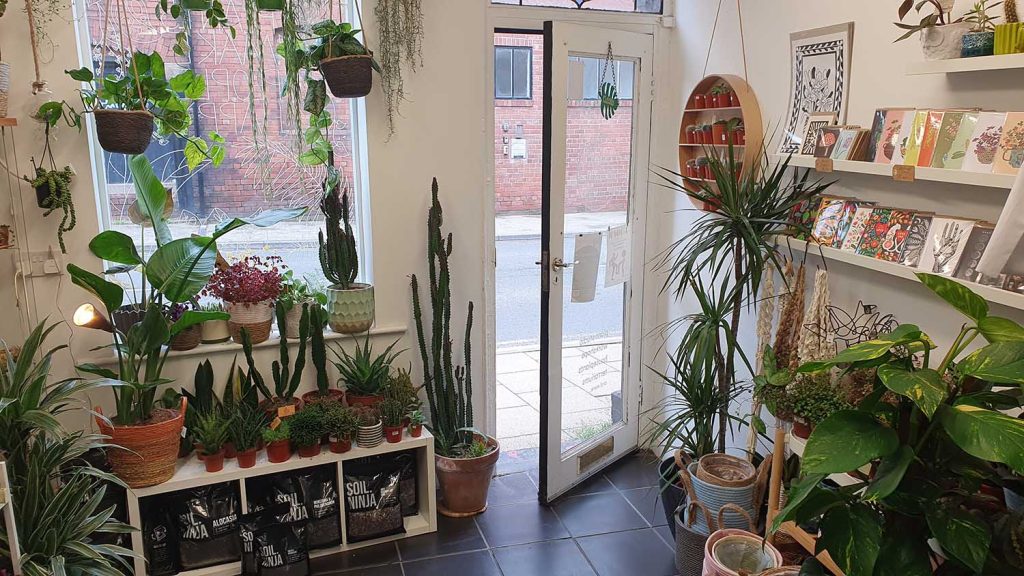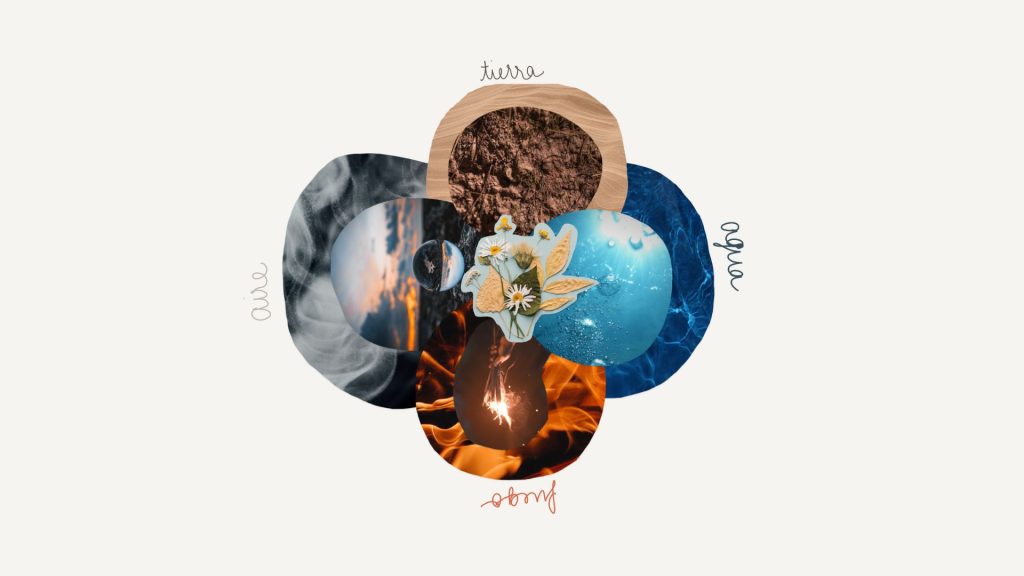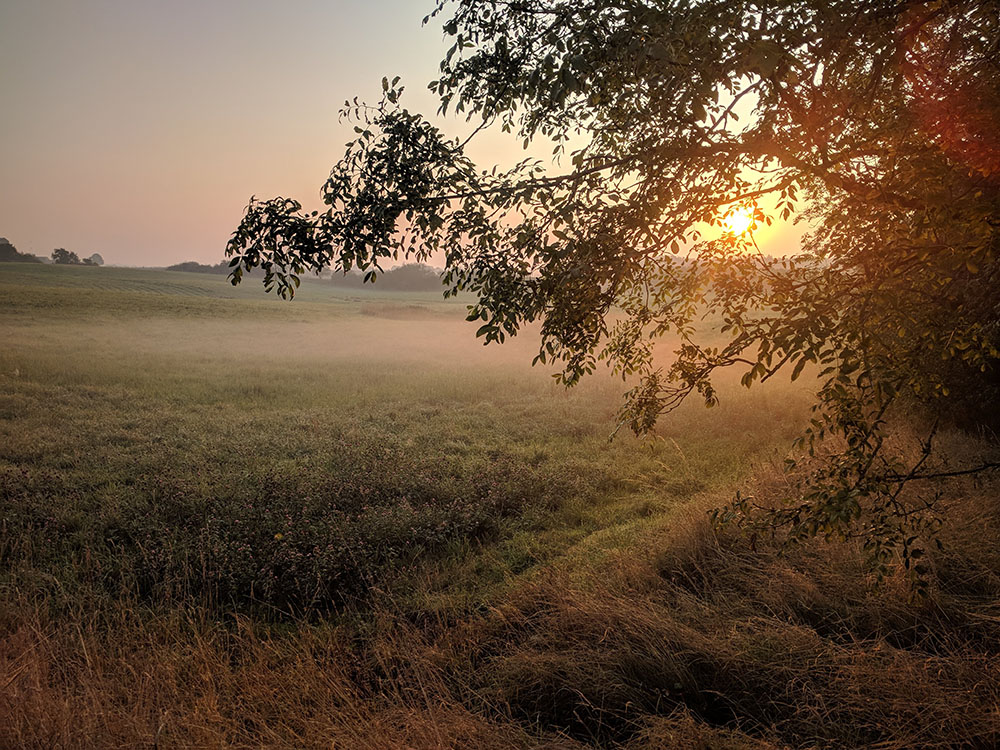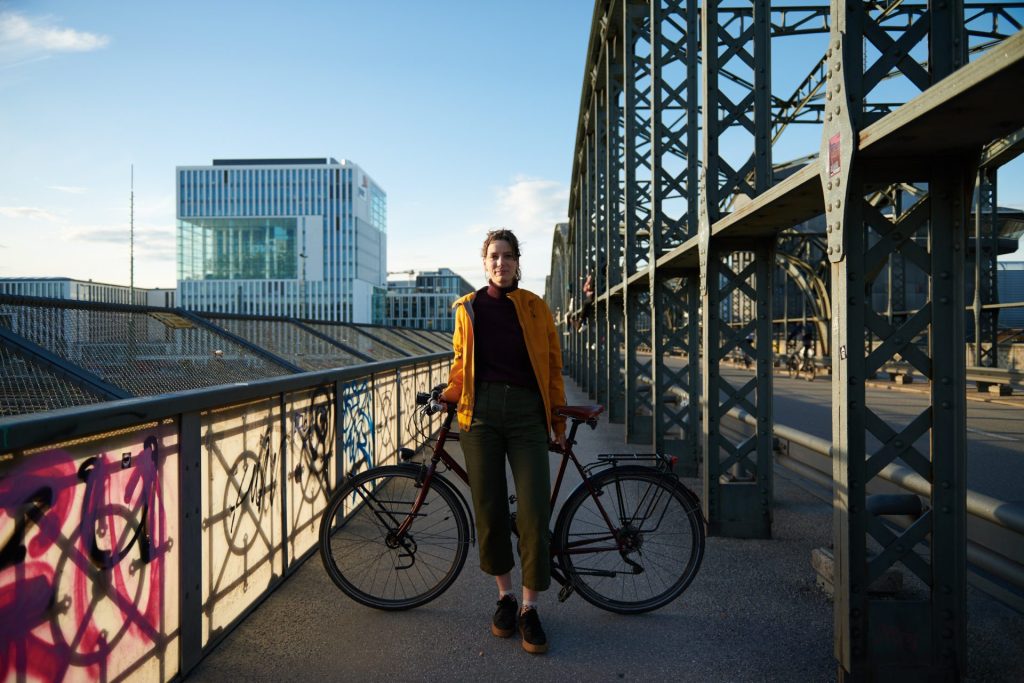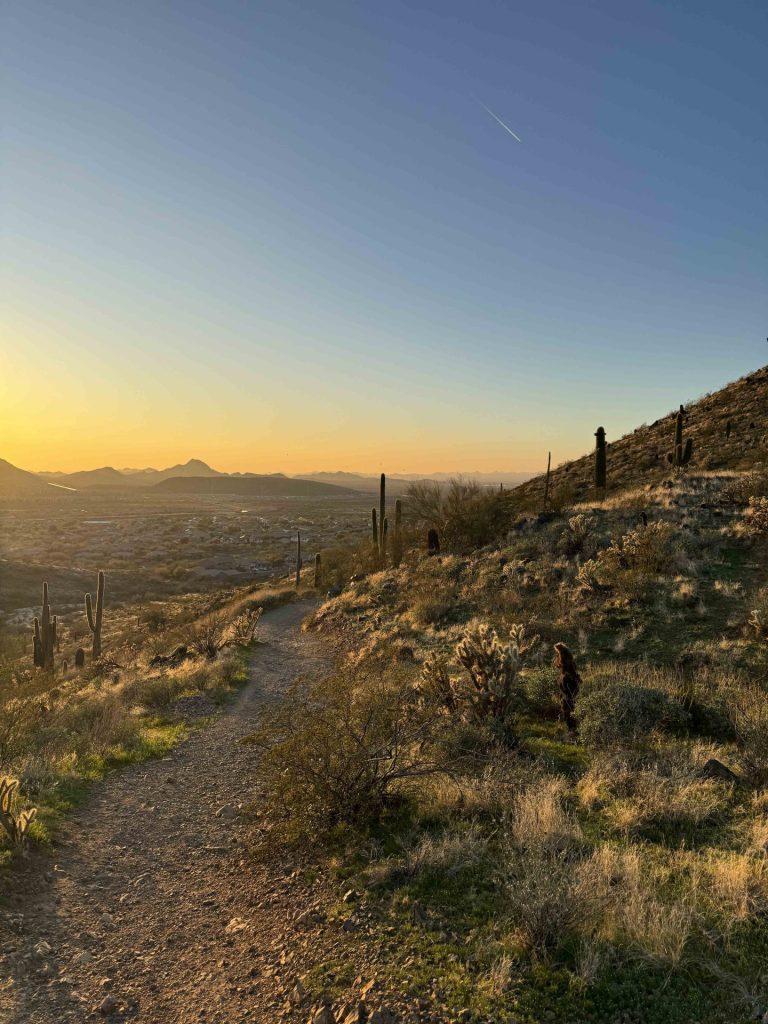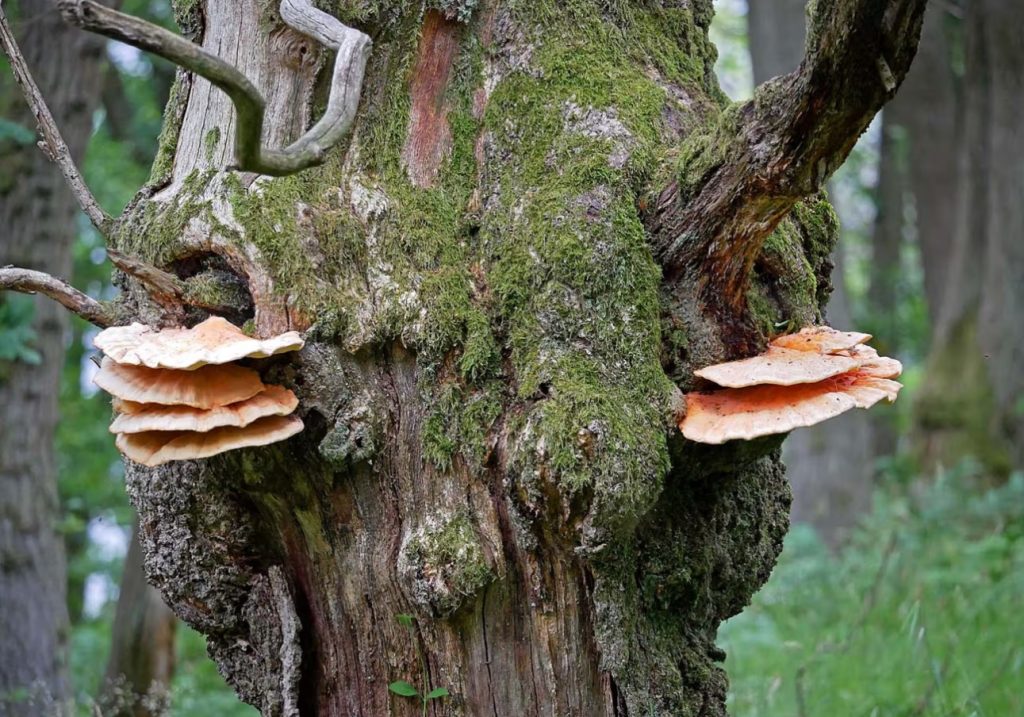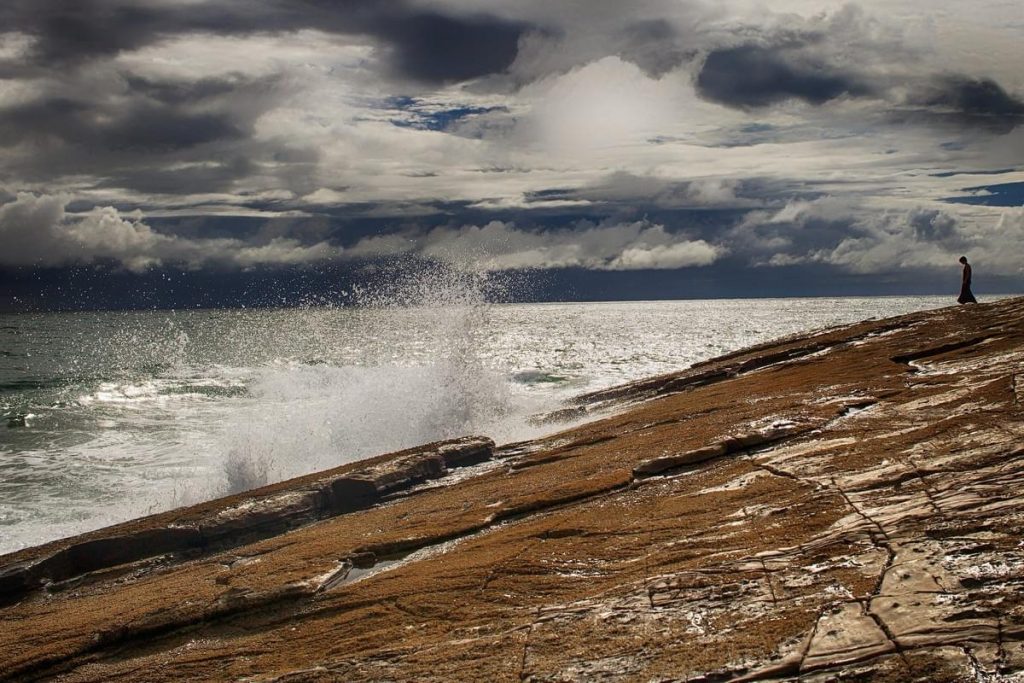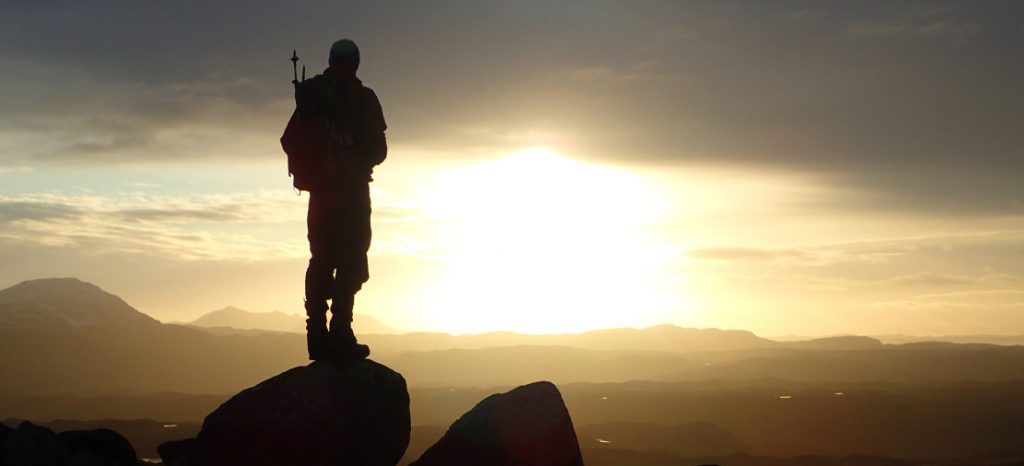
After a pause we’re back in 2023 with a number of inspiring activists we would like you to meet. First up is Tom Deacon. Tom is an explorer of the paths that traverse the landscapes of climate science, hope, non-violent direct action and resilience. Drawing on methods rooted in experiencing ourselves as part of a greater whole, his work weaves a web of reconnection.
Sophia had the good fortune to meet Tom through the Climate Fresk network and they have since collaborated on projects together.
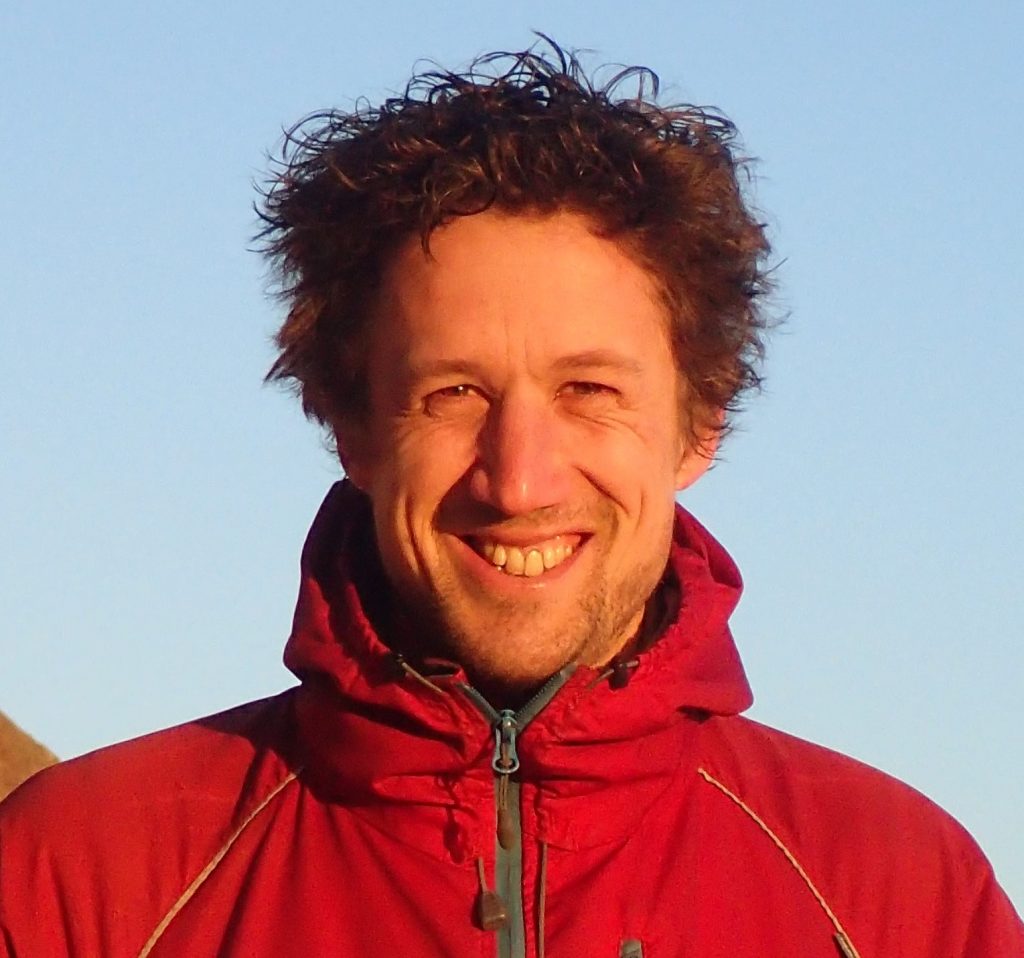
What concerns you about the world today?
Tom had an immediate one word answer here: disconnection. He went on to speak about humanity’s disconnection from itself and from each other, and, in particular, about how a combination of mass media, politics and the work of vast corporations have created the huge difference between the story of how we are living, and the story of how we need to live. He expressed his concern for how we are being swept toward collapse by the ‘business as usual’ story we are part of, shaped and perpetuated by industrial and colonial economics.
What positive contributions are you making?
Tom summarised his contributions with the wonderful phrase “an eco-system of work”. He explained that from his deep belief and practice of Joanna Macy’s The Work that Reconnects (TWTR) he sees all his different activities as as a web of collectives, all working towards re-connection.
“I don’t have a career,” he told me, “I follow a path led by my passions: passion for working outdoors; for nature connection; for climate justice; for empowering people to take courageous action…” He added that he trusts in emergence guiding his work: his initial connection with With Many Roots (after meeting Climate Fresk, and later Sophia, through COP26) being one example. I asked him about his most recent activity: the video call before ours being one to to support activists taking high stakes action for climate justice, and the one after to finalise plans for a global webinar about using TWTR to support activism.
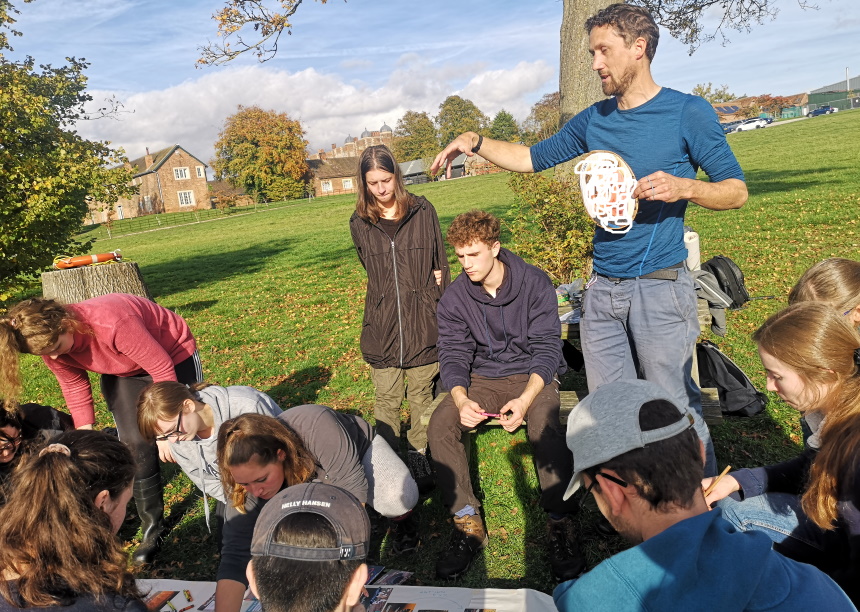
Have you had to make any sacrifices?
“I could say I’ve not done this, or that,” Tom responded after declaring his ambivalence with the word sacrifice, “but for me I see the opportunities and co-benefits that making low carbon choices brings”. As one example, he cited the multiple benefits of choosing active and low carbon travel: ie, the love of his bike, the joy it brings in connection with the elements, the richness of slower journeys, the fitness and conversations that happen along the way. He also talked of the richness of travel by train, offering the space to think, transition, connect. The unexpected interactions with people and places, the intimacy of paying attention to the places near us when we choose to live flight and car free, to holidays on foot or on two wheels.
Tom spoke about the question of having children: what he referred to as “a deeply emotive choice in these times”, sharing how rather than having a family of their own, he and his partner choose to give their energy in service of the global family. “Of course this comes with much to process, which in itself is rich ground for growth and care”.
How do you stay motivated?
As a way in to this question, I’d asked Tom if he ever didn’t want to get up in the morning… to which he answered “only when I had Covid”! He spoke about his deep connection to nature and how much he enjoys time “at its wild edges”. Or if he can’t be climbing mountains or walking cliff tops, then at least spending time in his local wood, or garden. As a former geography teacher, as well as climate activist, he’s enthusiastic too about knowledge and information on climate science, and told me that he occasionally “gorges on the facts of where we are” as part of his “buffet of motivation”.
What gives you hope?
This was a particularly interesting point in our discussion because Tom is deeply engaged with the work known as Active Hope (a concept and practice entangled with TWTR). Tom explained that we often use the concept of hope in a passive way: saying, for example, ‘I hope everything will be okay…’ implying that there’s little, if any, point in us trying to do anything… the situation we hope for will – or won’t – materialise by itself. Whereas Active Hope is about hope that we do rather than have. Taking stock of current reality and how that feels, daring to envisage what we hope for, then taking a step toward that hope, are three simple things we can do. In terms of what supports Tom doing hope, what helps hope grow and flourish, he identified that his deep and gentle connection with all living beings, and his sense of individuals existing as interwoven collectives on their human journey, is the kind of fuel he needs.
What if we make the changes needed, what will your world in 2030 look like?
Tom was clear here that the world in this context was simply what existed outside his own window: what he could see, hear, smell etc. He brought me to tears as he described how there would be more silence – less traffic noise and abundant natural sounds. He would see more species biodiversity and people in the landscape… people enabled by a Universal Basic Income, growing food together, volunteering their time to restore habitats, developing community energy initiatives, for example. He would taste and smell the cleaner air, hear the abundance of other life forms, see the mosaic patterns of diversity… all whilst knowing that this was supported by a cascade of international, national, regional and local governance and policy truly accountable to and in service of people as part of nature.
A book that has helped you grow
Tom felt there were many to choose from in all the book/song/quotation categories, but for the book he selected the new edition ofActive Hope: how to face the mess we’re in with unexpected resilience and creative power (although I prefer the sub-title of the first edition – ‘how to face the mess we’re in without going crazy’).
Note: affiliate link to Bookshop.org
A song that keeps you going
A prompt response here from Tom: The Lost Words blessing. This is one of the ‘Spell Songs’, birthed and presented by several musicians from the original concept and book called The Lost Words by Robert Macfarlane and Jackie Morris.
A quote that lifts you up
Tom has a hip flask bought for him by his partner and engraved with the words of John Muir:
“the mountains are calling, and I must go…”
John Muir
Your message to the world: imagine we gave you a microphone and every person on the planet can hear you, what would you say?
Hello dear people of planet Earth. I’m Tom. One of us 8 billion humans on this planet we share. I speak to you from the hills of northern England.
Wow, acknowledging our vital diversity. Our cultures, languages, identities, beliefs, our differences and our similarities.
Take a breath. We all share the same air, we drink the same waters. We all have dreams, cares, needs.
And, we all live by stories. Deep cultural narratives that shape our thoughts, our actions, our lives, and ultimately the world we share. The culture I grew up in is responsible for a powerful ‘business as usual’ story, entangled with colonialism and corporate power. This is creating an overwhelming story of unravelling that is hard to ignore, some of you have lived in this story for centuries, others feel it hitting you hard more recently. Many of your cultures also tell another story, one of interdependence with nature, of connection in community, and of living in service of both.
Which are serving us, which not? Which divide us and which unite?
Take another breath. Which stories are leading us toward choking, which toward breathing clean air in a stable climate on a planet abundant with life?
Our very existence hangs in the balance, and the story is ours to shape with courage and solidarity.
The time is now. Choose with care.
- Find out more about Tom and workshops at Catalista, and Work That Reconnects
- Try a Walk That Reconnects – a project Tom worked on with The National Forest
- Follow Tom on LinkedIn
